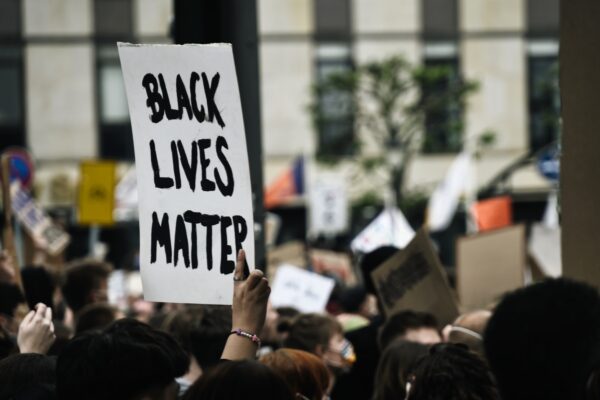Five years ago, the brutal murder of George Floyd by a Minneapolis police officer sparked the largest protests in U.S. history.
Millions across the country and globe, including thousands in New Jersey, united to voice their outrage and demands for police accountability, reforms to criminal legal systems, and racial justice.
The 2020 protests following Floyd’s murder demonstrated the potential for confronting discrimination and police violence in communities of color through the outpouring of organizing and advocacy.
Yet half a decade later, the legislative response has still fallen short.
We know from arrest data, and from New Jersey’s status as having the worst-in-the-nation Black-white disparity in its prisons, that the aggressive and unethical operating methods of law enforcement fall most harshly on people of color.
Police officers wield enormous power to detain, search, arrest, and use force, and the consequences are deadly: while Black Americans account for about 14% of the U.S. population, they are killed by police at over twice the rate of white Americans.
Police departments are too often not held accountable for misconduct when they abuse their power. And, most often, marginalized community members endure the most abusive tactics.
With the announcement that the Department of Justice has ended investigating police misconduct and the use of consent decrees, state leaders must act. When the federal government refuses to protect our communities, states have to lead the way.
New Jersey must pass legislation to enable community members to investigate police misconduct and hold police officers accountable through civilian complaint review boards, or CCRBs.
Newark’s CCRB was founded in 2015, but in 2020, the New Jersey Supreme Court placed limits on its powers – including restricting its ability to issue subpoenas and carry out simultaneous investigations. The ACLU of New Jersey calls on lawmakers to pass legislation that would allow all 564 municipalities across the state to create civilian review boards with meaningful oversight authority, and restore the powers initially held by Newark’s CCRB.
Police misconduct and disciplinary records must also be publicly accessible, including through the Open Public Records Act (OPRA). In 2021, the state Attorney General’s Office mandated New Jersey’s 500-plus law enforcement agencies must publicly report major police disciplinary actions. But the reports remain vague, and most likely contain only a small portion of the violations committed. New Jersey lawmakers must enact meaningful transparency measures to build public trust and find solutions to police misconduct.
Legislators have the tools to address police violence. CCRBs and meaningful police transparency are simply two initiatives critical to working toward systemic change.
Today, we honor George Floyd’s life and continue to demand police accountability and racial justice.

